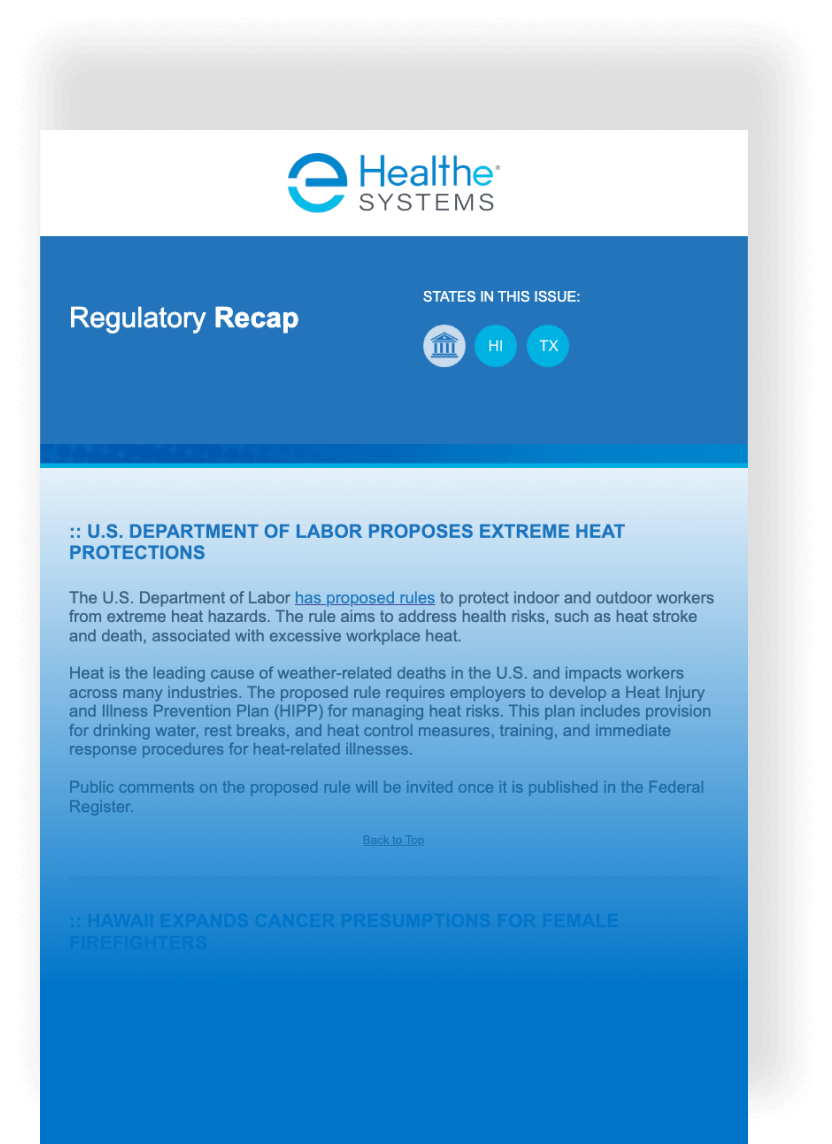The Workers’ Compensation Research Institute (WCRI) published a new report that examines the growing use of artificial intelligence (AI) within workers’ comp. The study aims to provide a common language for stakeholders and inform policy discussions that promote responsible AI use to improve injured workers’ recovery and experience.
WCRI researchers conducted semi-structured interviews with 34 leaders from 20 organizations—including employers, insurers, medical providers, worker advocates, and regulators—supplemented by informal discussions. They also reviewed relevant literature and regulations concerning AI developments and applications.
The study highlights AI’s ability to streamline claims processing, improve communication with injured workers, and support personalized medical care that remains aligned with treatment guidelines. While many stakeholders believe that 70–80% of claims could be automated, concerns persist around data accuracy, bias, cybersecurity, and legal compliance.
At 55 pages, the study is broken out into the following sections:
- Defining AI and selected uses outside of workers’ comp
- Promises of AI in workers’ comp, utilizing selected use cases
- Challenges of AI adoption
- The regulatory environment surrounding AI
- Concluding remarks







